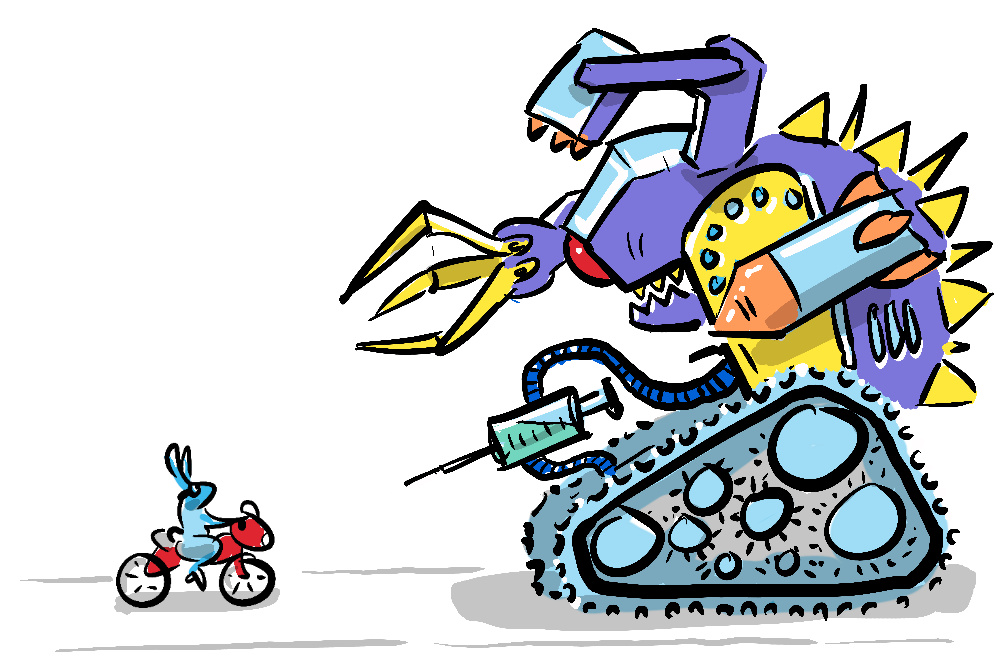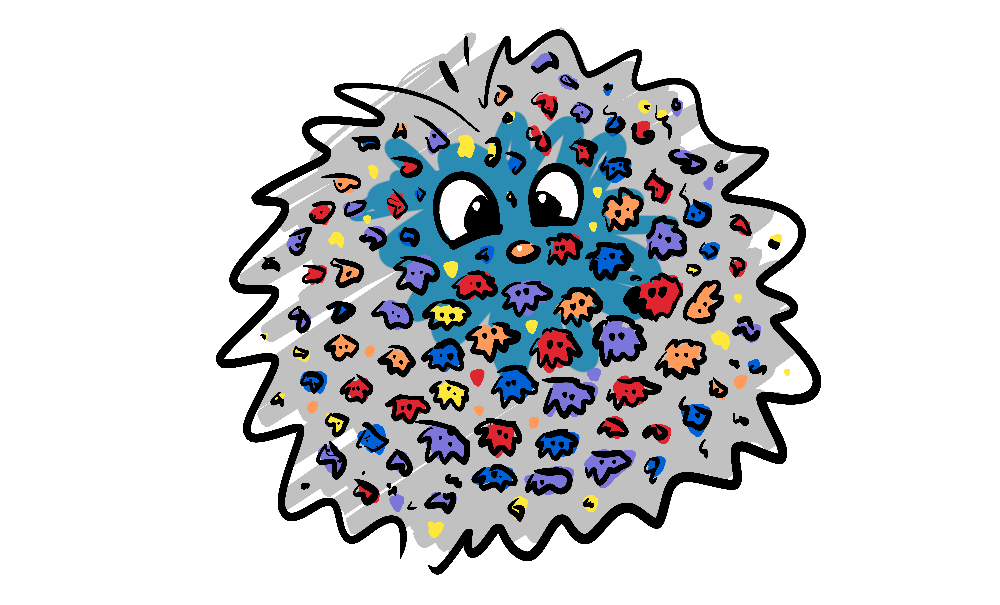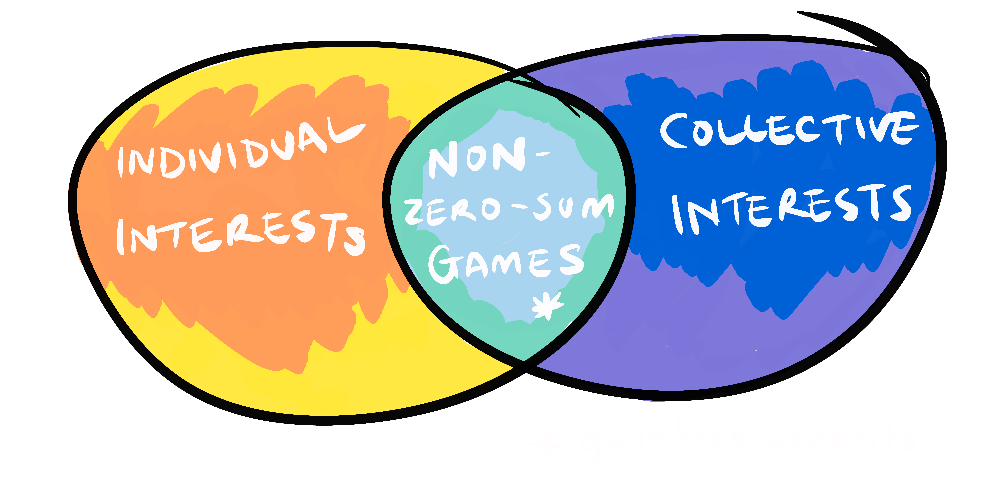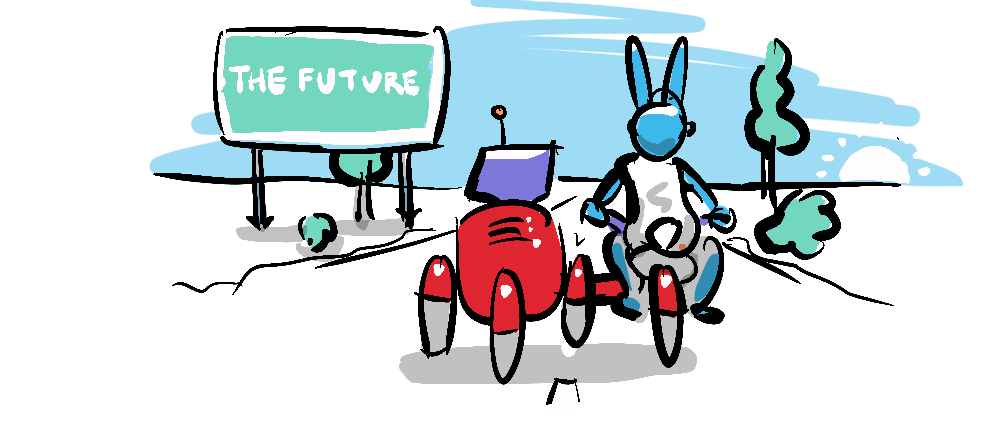
In this series, I have hoped to convince you that humanity must look in the mirror. We are venturing towards the greatest hope and the greatest threat humanity has ever faced in the form of Artificial General Intelligence—a transformative technology that will mirror the values, flaws and promise of humanity. We have the choice to either sit back and discover what fate this mirror reflects back on us, or we can look inside and decide for ourselves what humanity is, what it stands for, and what we will become.

We have been looking at two major problems, the AI goal alignment problem, and the underlying problem of humanity's misalignment between the individual and the collective. Humanity's misalignment involves our biological limitations, our siloed access to a world with globalised consequences and our political polarisation. But I maintain that these are not insurmountable problems, there are solutions we have covered and principles we can follow to be part of those solutions.

ALIGNMENT PRINCIPLES
- Be aware of the stakes: AI will reflect the values of our society, and become an autonomous embodiment of them. So, we should be conscious about what example we are setting as a civilisation.
- Recognise that the truth does not always lie exactly between two opinions: it is important to have dialogue, rather than sub-optimal compromises resulting from polarised politics.
- Centrism: a reaction to polarisation can point towards a solution, and while is not a solution in itself, it enables a place where the views of both sides can be appreciated and discussed.
- For those in power, pay attention to your opponent: like Nixon and Key, you might change the world by implementing one of the other party's policies.
- For those without power, be pragmatic—considering the self interest of the dominant group has been an effective strategy with human rights struggles, such as J.S Mill on the women's rights.
- Be active, putting pressure on offices of power is another way of appealing to their self-interest, by making unfair policies difficult to maintain, as suggested by Ibram X. Kendi
- Be like Aristotle: recognise that you are a political animal, every decision is an individual and a collective one.
- Keep doing what we're doing: make business, pay taxes. This part's easy, remember, we are already doing a lot right.
- Better democracy through mixed party representation: because two party systems drive more polarisation than multi-party systems.
- Acknowledge the limitations and biases of our biology in order to overcome them.
- Recognising that the collective is comprised of individuals and so individual interests aren't always at odds with collective ones: for instance policies like UBI.
- Develop AI with a focus on alignment itself rather than hard-and-fast rules.
- Use AI to help us recognise biases
- Use AI to provide feedback about the collective implications of our actions, and to highlight actions that are non-zero-sum, in that they benefit the individual and the collective.

This last item really is my motivation for writing this blog. I want to explore a perspective of the world that expands non-zero-sumness. I don't believe that clear black-and-white solutions exist in isolation. Sometimes one person, one action or one policy will change the world for the better, but behind that one is a multitude; many stories, many small actions and a groundswell of pressure that makes that action click. By always looking for non-zero-sum games, big and small, we apply pressure in a positive direction and I believe that pressure is the ultimate determinant of progress.

I hope you have enjoyed this series and that it has been thought-provoking. As always, I'd love to hear your arguments, criticisms and your own unique ideas below in the comments. If you'd like to continue on this journey together you can subscribe below.